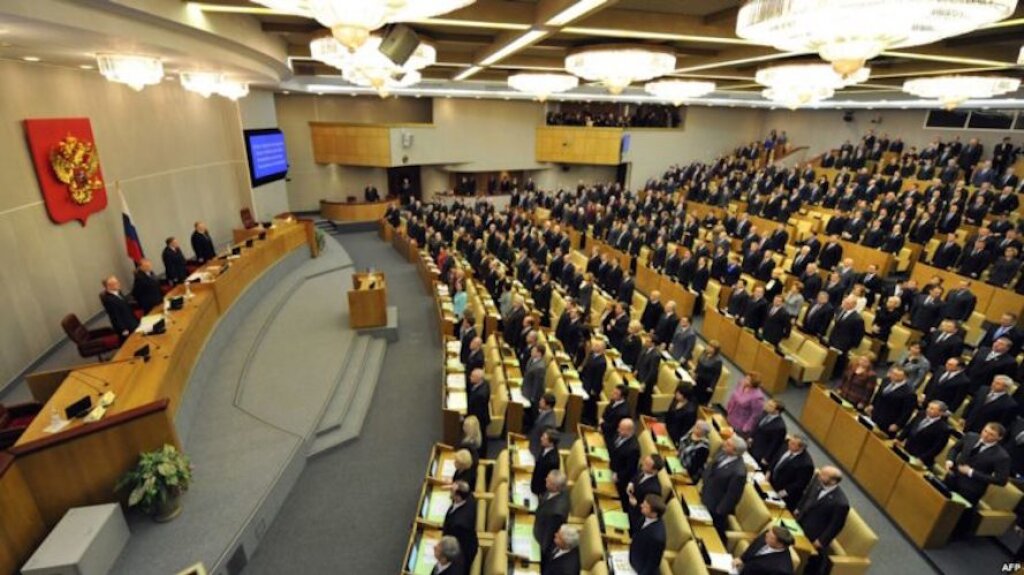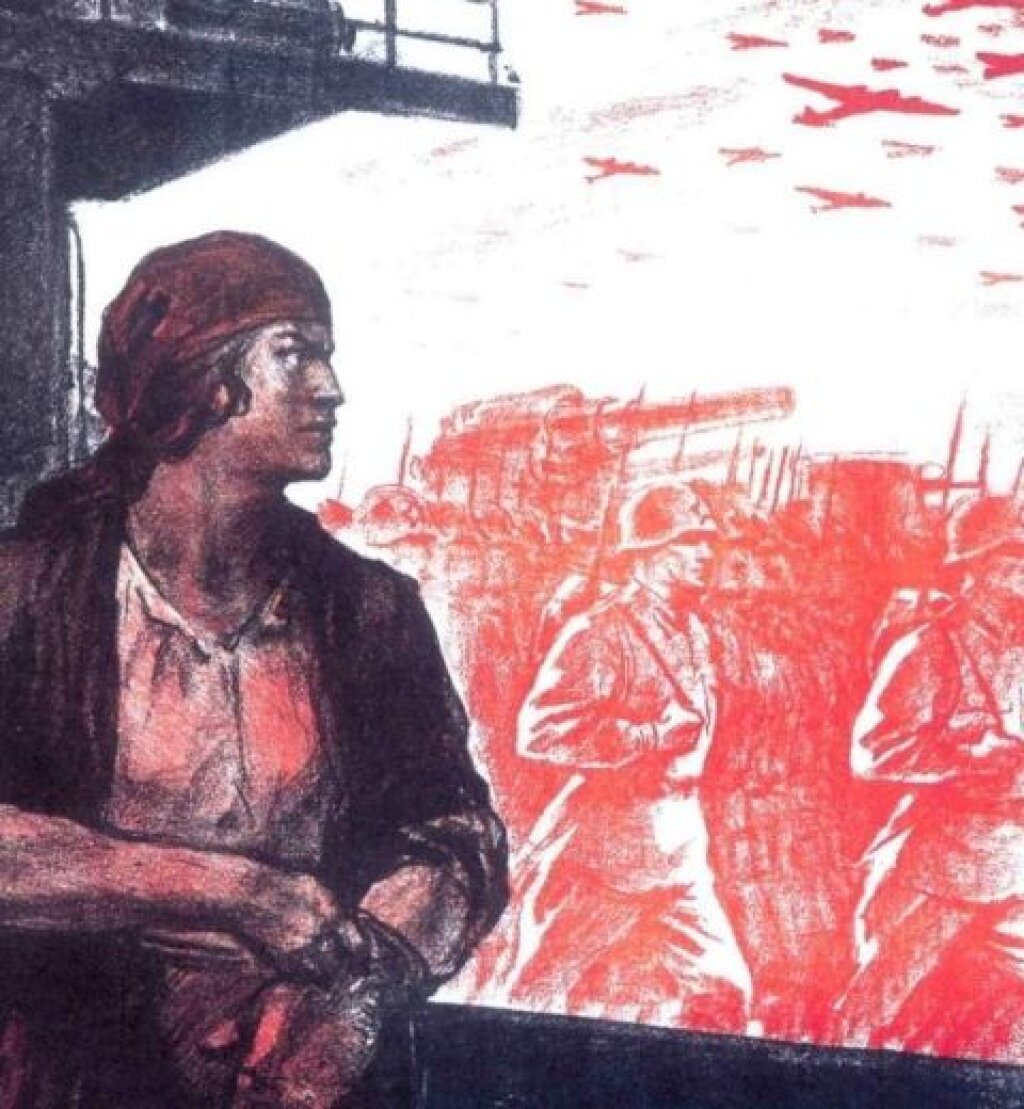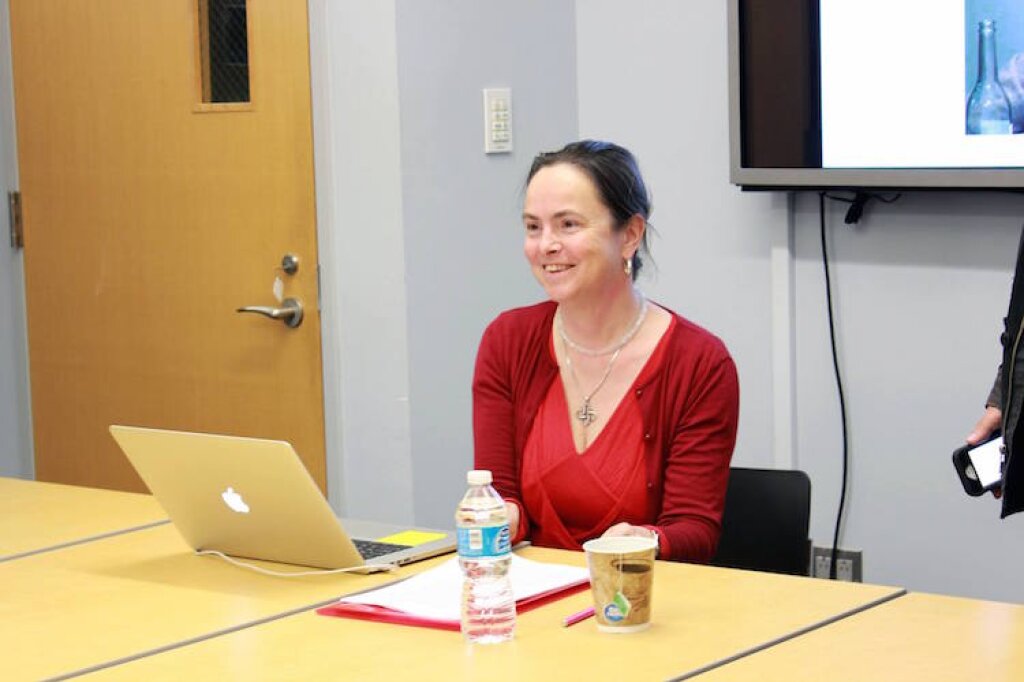Watch the video of the event here
On September 21st, 2016, the NYU Jordan Center for the Advanced Study of Russia held a roundtable discussion entitled, “The September 2016 Russian Duma Elections: What Happened and What Does it Mean?” Chaired by Jordan Center Director Joshua Tucker, panelists included Timothy Frye, Chair of the Department of Political Science at Columbia University, Kimberly Marten, professor of political science at Barnard College and Columbia University, and Lucan Way, professor of political science at University of Toronto. The speakers shared their thoughts and questions three days after the Russian legislative elections.
The discussion among the panelists was less about the election results than the fact that they were largely preordained. As expected, the Kremlin backed United Russia party dominated the vote, winning a supermajority in the Duma, and enabling Putin’s party to amend the constitution. The country’s three most prominent opposition parties – which rarely disagree with the Kremlin on substantive issues – all saw their share of parliamentary seats decline. Some observers suggested that the new single-member districts might offer an opportunity for smaller opposition parties such as Yabloko, Rodina, and the Party of Growth to win seats, but here too the largest parties captured all but a handful.
The results are not surprising given Russia’s “managed” democracy, in which the ruling party monopolizes media coverage and state resources. Though apparently not as widespread as during the 2011 elections, statistical evidence suggests that a large share of votes for United Russia were fraudulent.
But for the four panelists, this apparent continuity may hide subtle signs that change is afoot. Tucker pointed to the election’s very low turnout, particularly in urban centers like Moscow and St. Petersburg, as a possible sign of growing discontent with Putin’s government, which has been masked by the lingering “rally-around-the-flag” effect of Russia’s 2014 annexation of Crimea and the subsequent imposition of Western sanctions – the “rally-around-the-flag” effect refers to spikes in domestic support for government leadership during times of international crisis or war. While turnout in previous Duma elections typically held above 60 percent, this year only 48 percent of Russians showed up at the polls. In Moscow and Saint Petersburg, turnout fell even lower.
Frye, a specialist in Russian political-economy, emphasized Tucker’s point. “Even with the annexation of Crimea being two and half years ago, we still see high levels of support for Putin, suggesting that this rally-around-the-flag effect has lasted much longer [...] than many of us anticipated.”
But Frye added that Putin’s high approval rating, as well as United Russia’s dominance in the Duma, obfuscate varying degrees of support for the government among Russians. Outsiders may assume that Putin’s supporters all back him strongly, but in fact, surveys show that the largest share of Russians feel neutral or “can’t say anything bad about” their president. Declining turnout “may indicate a lack of great enthusiasm for the president,” Frye said.
Marten drew attention to the Kremlin’s plan to replace the Federal Security Service and centralize state security agencies under one umbrella called the Ministry of State Security. “I think it is striking that the day after the election results were announced it was announced that the Ministry of State Security – essentially, a new KGB, but given the same name it had under Stalin – was being reinstituted,” Marten said.
Together with United Russia’s supermajority, “this may be [...] the final stage of ensuring that what used to be called the KGB is now completely in control of Russia,” Marten added. “I don’t think we’ve had any other country in the world that has been ruled completely by an intelligence organization.”
For Way, the Duma election again demonstrated the Kremlin’s ability to sideline opposition parties – not through extensive violence, but by controlling access to resources and ensuring that the price of genuine dissent is too high for all but those on the margins. “The smartest autocrats rely less on overt repression, [like] arrests, which are hard to hide and create really bad publicity,” Way said. “Much better to rely on highly uneven access to resources, media, [and] financing for elections, that don’t create headlines in the New York Times.”
While the Duma election might superficially seem to be a non-event and proof of the unchanging continuity of Putin’s regime, these four panelists argued that the elections reflect a country undergoing significant changes behind the scenes: changes that appear to be tied to the polls and that are affecting voting patterns. Observers should not ignore the fact of United Russia’s new supermajority, said Tucker. “These elections really do matter because they’ve changed the balance of power in terms of being able to amend the constitution,” he said. “The constitution still matters, formal institutions still matter […and] in terms of the formal institutions, the situation has changed.”
During the Q&A session following the panel, audience members asked whether the Duma election indicated a shift in socio-political trends among Russians. One audience member suggested that low turnout in the cities shows growing dissatisfaction among younger and well-educated voters. This could lead such voters to emigrate, depriving the country of highly skilled workers, he said. Another member of the audience hypothesized that Putin’s high approval rating might now be more related to the Kremlin’s ability to present its foreign policy as a reassertion of national greatness in the face of Western hostility, rather than the annexation of Crimea.
In response, Frye wondered whether the Kremlin might see diminishing returns in its use of nationalist propaganda in the long term. “How often can you see Russian troop exercises and missiles going off?” Frye said. “That’s important, but that’s not the only dimension on which you want to try to attract support.”



